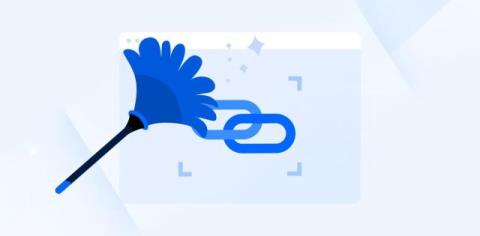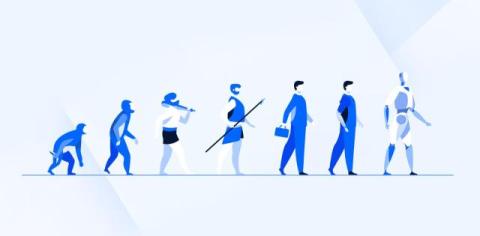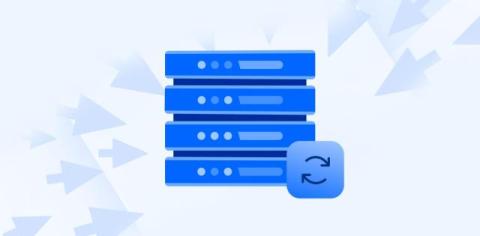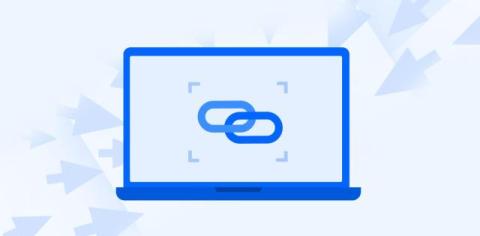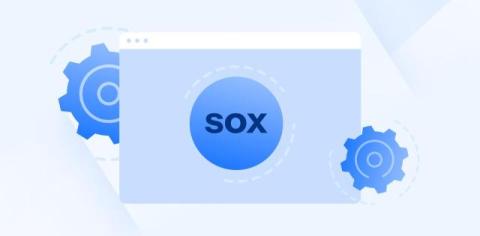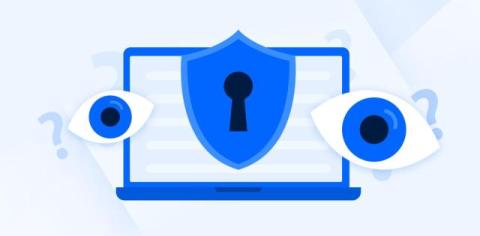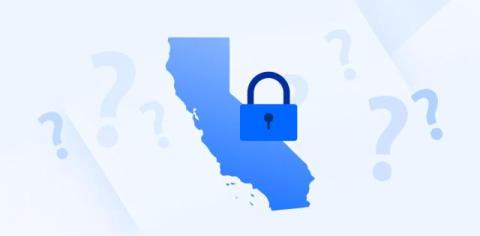The Secrets Behind Magic Links: How They Work and Their Benefits
Can you imagine a world without passwords? There’s nothing more annoying than trying to access an account you haven’t used in a while, only to find out you’ve forgotten your password. As we need to verify our identities for almost everything, it is pretty easy to forget passwords to old accounts. This means you have to waste time remembering usernames, secret answers to questions, verifying, and creating and saving a new password.


